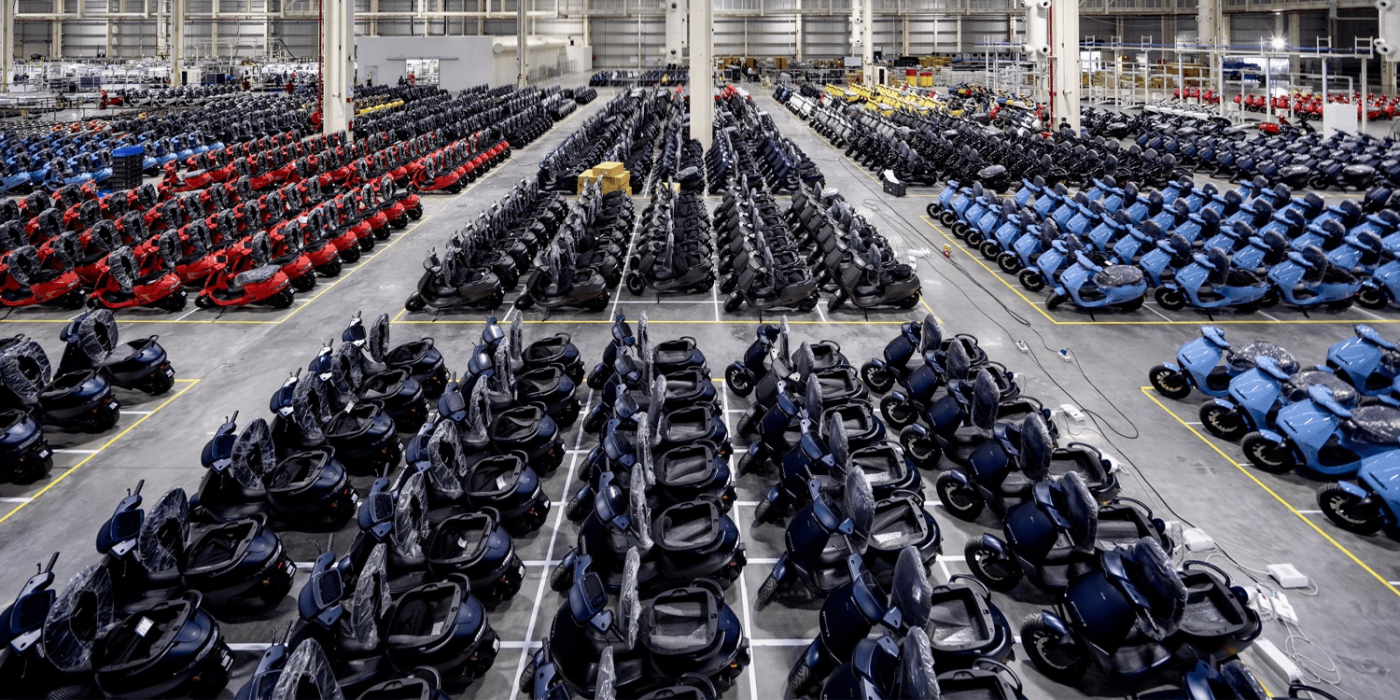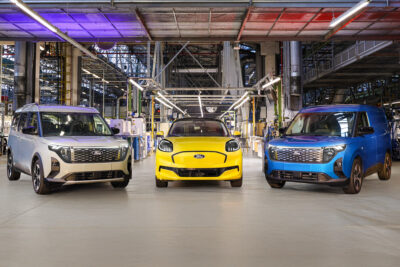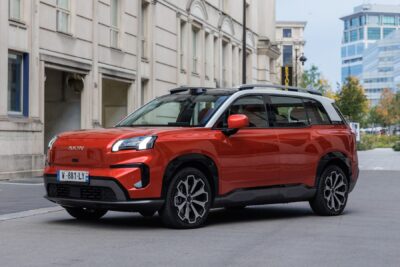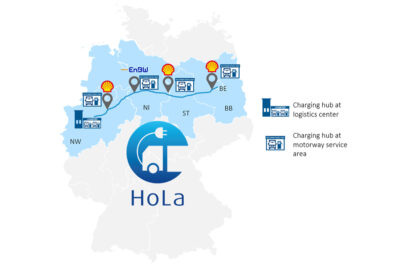Agora takes a look at India’s decarbonization efforts
A discussion regarding the direction and efforts of India’s decarbonization efforts took place at an online event with Agora researcher Vanchhit Johri, Amit Bhatt from the ICCT, and Christian Hochfeld from the Berlin-based think tank Agora Verkehrswende, which advocates for the electrification of transport.
As stated at the COP26 in Glasgow, India intends to become climate-neutral by 2070 and to phase out the registration of new combustion vehicles by 2040. Both Vanchhit Johri and Amit Bhatt were quick to admit that India has a long way to go when it comes to decarbonization. However, considering the rapid social progress that the nation is undergoing, as access to electricity has grown from around 76 per cent of the population in 2010 to approximately 99 per cent in 2020, the expanding CO2 footprint is comparatively slow.
The biggest issue in the discussion was that the German researcher Christian Hochfeld sought to find European solutions to Indian problems. Starting with whether India would become an automotive nation, Amit Bhatt explained that India’s most popular motorized vehicle had two instead of four wheels. He said that the most significant barrier towards electrification in the nation is the problem of high up-front costs and the lack of charging infrastructure outside of major cities.
Grid-independent charging and micromobility hold far higher importance in many Asian markets. Not that luxury cars have no market there, however, cost and energy efficiency play a far higher role for consumers. Catering to this market, which, including the rest of Asia, includes about two-thirds of the global human population, is critical to achieving meaningful decarbonization on a global level.
Indeed, Amit Bhatt continued to explain that the most carbon savings that could take hold quickly would be via battery swapping for people who travel higher distances and public vehicle sharing services, such as public bicycles or public transport options. Concerning the battery swapping, the Indian researcher presented a graph showing the cost and efficiency of charging vs swapping batteries, which demonstrated that up to a range of 130 km, ownership of batteries makes little sense.
Vanchit Johri agreed that simply importing electric cars to India would do little to curb the environmental problem. To start, no major international manufacturers are locally in place, which would entail long transport routes for the vehicles, as well as the regional power issue between India and China.
When asked whether the high temperatures in India (Delhi just finally dropped from around 50 degrees to around 40 degrees celsius) would affect bike riders, Johri explained that the vehicle sharing had started with bikes but has since expanded to include all kinds of micro-mobility vehicles in urban areas. However, while startups are quick to design and market vehicles, the necessary charging infrastructure is lagging behind.
The option of biofuels was also discussed, which, particularly in the short term, would aid the energy transition and help decrease dependency on fossil fuels, however, the long term goals will require going further than that. It will take some time before local manufacturing takes off, however, as Tata is still ramping up production, although the company has also made steps towards building charging infrastructure across the country. The bus manufacturer Olectra also has started series production of electric buses and is working on an order for over 2,000 buses for Mumbai. Ola Electric has successfully started building electric scooters but is also making the important step towards battery production.
Tesla had also been in talks to build an electric vehicle factory in India, however, Elon Musk just stated on Twitter that “Tesla will not put a manufacturing plant in any location where we are not allowed first to sell & service cars,” likely ending the efforts there, as the Indian government wants its own EV production chain, rather than to buy from Tesla’s production in China.
worldbank.org (power access), agora-verkehrswende.de (event info), twitter.com (Musk)





0 Comments